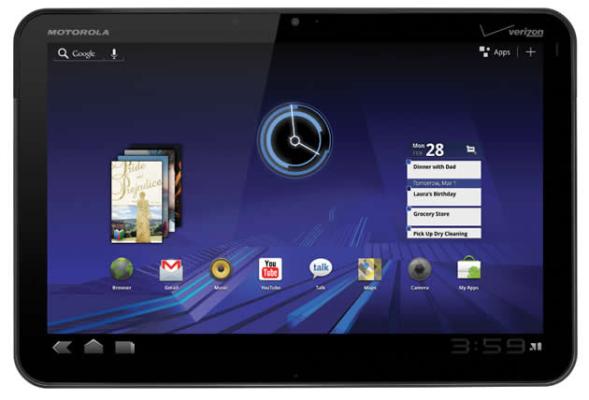The story sounded far-fetched: OLPC researchers, working with a team of technicians in Ethiopia, created a special “hut” covered in solar panels where the children of a few distant towns could go to recharge some toys they were given. The toys were boxed Motorola Xoom tablets and every child between the age of four and eight got one. The researchers were expecting the children to play with the boxes and potentially open them in the first week. Instead they turned them on in less than an hour and a few months later were modifying the settings and singing ABC songs. It was, at once, a triumph of technology and of the human capacity to learn.
The hut became a focal point for the town’s children, and the kids loved their tablets so much that they slept with them. One kid would learn how to launch a Disney movie and the others would follow. Another kid learned how to unlock the built-in camera. It was a form of viral education that we see, under the surface of many childhood interactions, every day. They learned without learning.
We first heard this story last week in Boston when we were touring the MIT Media Lab and it sounded too good to be true. The thought that children cut off from education by dint of their physical location were able to learn, without teachers, the rudiments of English and how to manage a complex tablet device, was wild. Luckily MIT’s in-house magazine, Technology Review put together a very nice story about the project and I have to say I’m impressed.
I’ve been down on the educational value of “throwing” electronics at kids for years. However, this example of a positive outcome is inspiring. Sadly, these children would presumably have no education at all if they didn’t receive these tablets and the fact that they far surpassed the researcher’s expectations proves, categorically, that modern technology has moved from the realm of the technical to the realm of what can be called conversational. I’m reminded of William Gibson’s comment on going to the movies for the first time.
Reading a book, he wrote, was hard. It required years of education and training and a concentration that many children don’t possess. But, thanks to advances in technology, he and every other child can understand a film, or in this case, a tablet. The skills needed to open a Xoom, turn it on, and play with it have been subsumed deep within the technology. In short, the tablet hides complexity so completely that anyone with a finger and a good head on their shoulders can learn from it. This is a triumph but it is double-edged. On one hand it creates a grave disconnect between the nuts and bolts of the OS and the user, and on the other hand it encourages projects like the Raspberry Pi which aims to bring the bare metal back into computer interaction.
Teachers are important. Technology, thankfully, can replace some of their skills. I doubt that dropping a dozen tablets on a remote village in Ethiopia or – and this is true – rural Georgia is the end of our responsibility to these children. It is, however, a promising beginning.
Read the rest of the piece here. Being down on OLPC is fashionable recently, but it’s clearly working.
